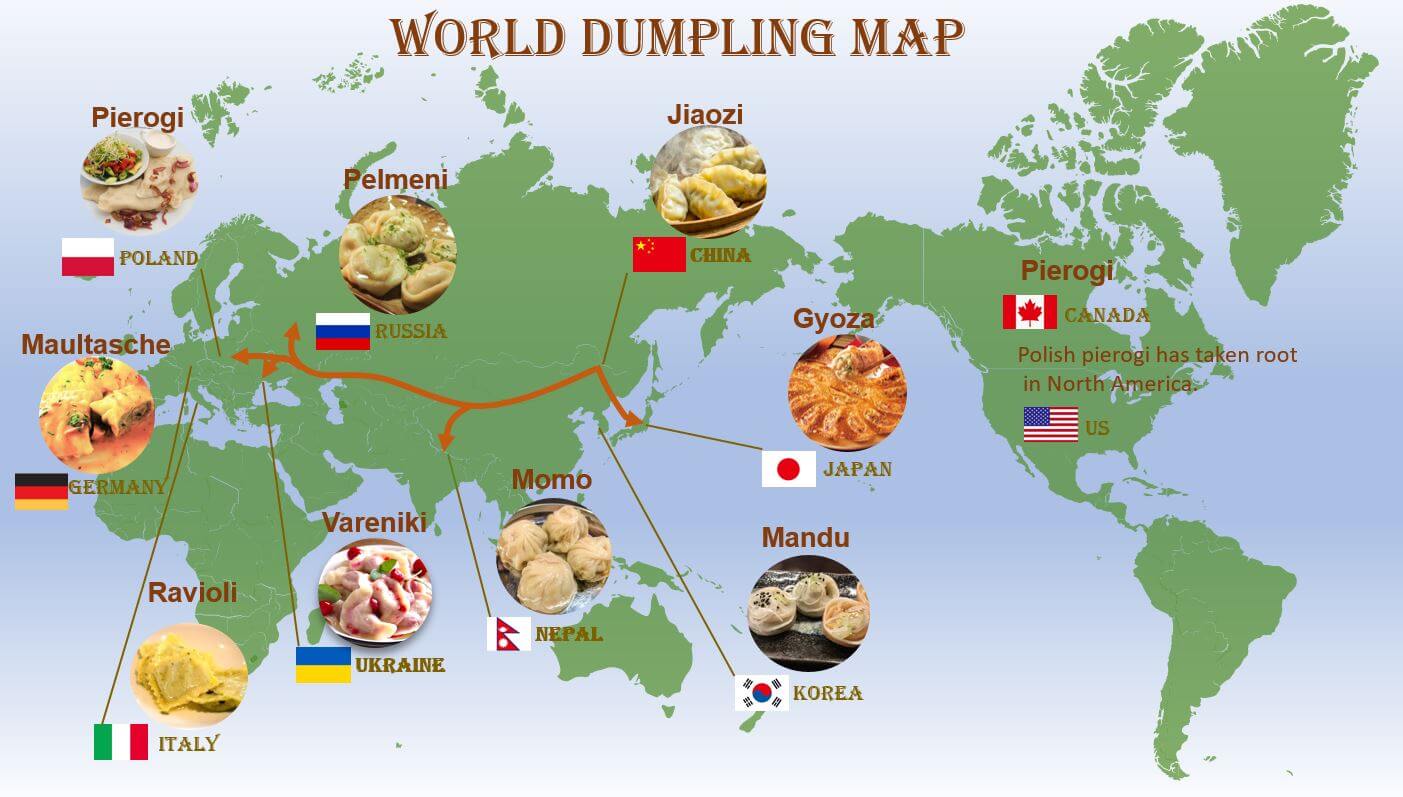Japanese and Korean cuisine are two popular Asian cuisines that have gained worldwide recognition for their unique twists on traditional dishes. Japanese cuisine uses fresh ingredients, such as fish and seafood, soy, miso, and sake, while Korean cuisine is known for its bold and spicy flavors, achieved through the use of chili peppers, garlic, sesame oil, and fermented ingredients like kimchi. Japanese cooking emphasizes simplicity and the natural flavors of the ingredients, while Korean cuisine involves more complex preparations like boiling, braising, and stir-frying. Both cuisines have deep cultural significance, with Japanese cuisine associated with elegance and traditional culture, while Korean cuisine has a more communal and family-oriented tradition.
Japanese vs. Korean cuisine: Battle of the Asian flavors
Introduction
Asian cuisine is known for its bold and intricate flavors that have been enjoyed by many food enthusiasts around the world. Two of the most popular Asian cuisines are Japanese and Korean, which have gained a massive following for their unique takes on traditional dishes. Japanese and Korean cuisine may share some similarities, but there are also significant differences that set them apart. In this article, we’ll take a closer look at the various elements that make up each cuisine and compare them side by side.
Ingredients
One of the most notable differences between Japanese and Korean cuisine is the ingredients used in their dishes. Japanese cuisine tends to use a lot of fish and seafood, as well as soy, miso, and sake. The use of fresh, high-quality ingredients is crucial in Japanese cooking, which is why their sushi, ramen, and other dishes are so popular around the world.
On the other hand, Korean cuisine is known for its bold and spicy flavors, which are achieved through the use of chili peppers, garlic, sesame oil, and fermented ingredients like kimchi. Korean cuisine also involves more vegetables like mushrooms, beansprouts, and bok choy compared to Japanese cuisine.
Preparation and Cooking Techniques
Japanese and Korean cuisine also differ significantly in terms of their preparation and cooking techniques. Japanese cooking is known for its emphasis on simplicity, and chefs often focus on highlighting the natural flavors of the ingredients. Japanese cuisine also involves a lot of precise and intricate knife work, which is crucial in sushi-making, for example.
In contrast, Korean cuisine involves more complex preparations, such as boiling, braising, and stir-frying. Grilling is also a popular cooking method in Korean cuisine, which is why dishes like bulgogi and galbi are so popular. Korean chefs are also known for their ability to blend different flavors and spices to achieve the perfect balance.
Cultural Significance
Both Japanese and Korean cuisine have deep cultural significance and are an essential part of their respective countries’ identities. Japanese cuisine, for example, is rooted in a philosophy of simplicity and elegance, and it is often associated with traditional Japanese culture. The preparation and presentation of traditional Japanese dishes are considered an art form, and chefs often spend years honing their craft.
Korean cuisine, on the other hand, has a more communal and family-oriented tradition. Many Korean dishes are meant to be shared among a group, and meals often involve multiple dishes served together. Korean cuisine has also been influenced by various historical events, such as the Korean War, which led to the preservation and promotion of traditional Korean dishes.
Conclusion
In conclusion, Japanese and Korean cuisine both offer a unique and flavorful take on Asian cooking. While there are similarities between the two, such as the use of rice and vegetables, they differ significantly in terms of their ingredients, preparation, and cultural significance. Each cuisine has its own distinct style and approach, and they both deserve to be celebrated and enjoyed. Whether you’re a fan of sushi or bulgogi, there’s something for everyone in the battle of the Asian flavors!
